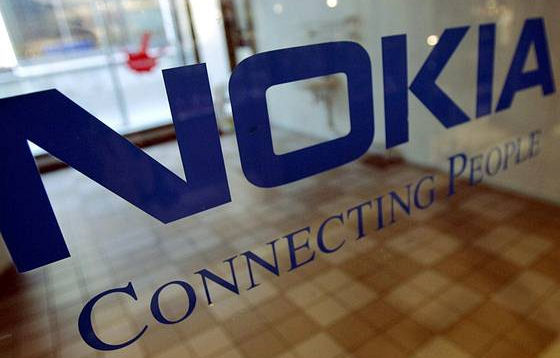From the press release:
Nokia has entered into a new patent license agreement with Research In Motion. The agreement will result in settlement of all existing patent litigation between the companies and withdrawal of pending actions in the US, UK and Canada related to a recent arbitration tribunal decision.
The financial structure of the agreement includes a one-time payment and on-going payments, all from RIM to Nokia. The specific terms of the agreement are confidential.
"We are very pleased to have resolved our patent licensing issues with RIM and reached this new agreement, while maintaining Nokia's ability to protect our unique product differentiation," said Paul Melin, chief intellectual property officer at Nokia. "This agreement demonstrates Nokia's industry leading patent portfolio and enables us to focus on further licensing opportunities in the mobile communications market."
The agreement, and the fact that the press release makes it clear payments are going from RIM to Nokia, underlines the strength on Nokia's intellectual property portfolio. RIM has its own substantial library of patents, certainly more that some of the more recent entrants into the mobile industry, so seeing net payments going from RIM to Nokia reinforces the idea of Nokia as sitting at the top of the mobile patent tree (i.e. everyone else paying license fees to those above).
Nokia sued HTC and Viewsonic over a similar set of patents to those for which RIM has now signed a license agreement. This strengthens Nokia case against HTC and Viewsonic. A series of agreements between Nokia and Androird device manufacturers is one of the more solid predictions we can make for 2013.

